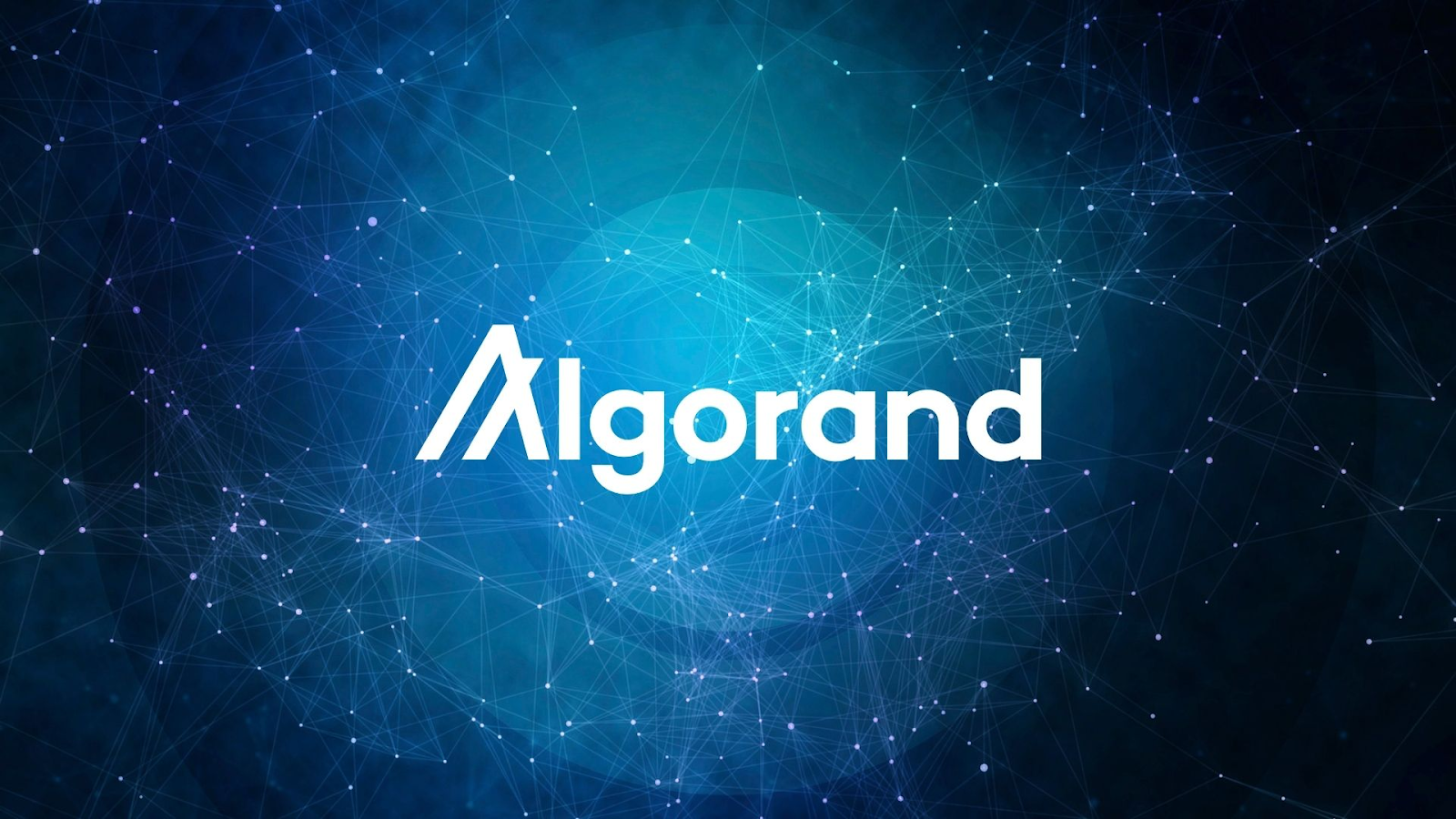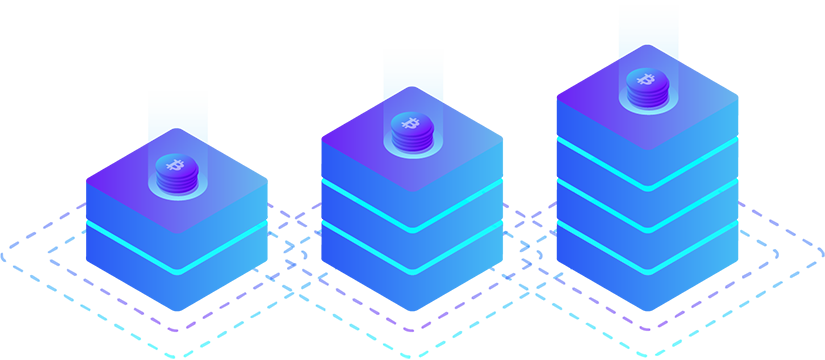
Algorand, A Blockchain Built for Speed, Security, and Sustainability
Emerging protocol?
While names like Ethereum and Solana dominate the blockchain space, Algorand is an emerging protocol that could become a powerful player thanks to its unique combination of features. Designed with a focus on scalability, efficiency, and security, Algorand addresses several key issues in the blockchain space, making it especially attractive for financial applications, decentralized finance (DeFi), and institutional use cases. Here’s an in-depth look at what makes Algorand stand out from other protocols.
Pure Proof of Stake (PPoS): Efficient, Secure, and Decentralized
Algorand’s consensus mechanism, Pure Proof of Stake (PPoS), sets it apart from many other blockchains. Unlike Proof of Work (PoW), which requires intensive energy consumption, or traditional Proof of Stake (PoS), which can often favor wealthier participants, PPoS aims to be more democratic and energy-efficient. In PPoS, validators are selected randomly and proportionally to their stake, ensuring a secure and decentralized environment without requiring participants to invest heavily in hardware.
This random selection provides two significant benefits:
- Enhanced Security: The randomization ensures that the network remains secure from malicious attacks, as the selection process makes it difficult to predict or manipulate.
- Low Environmental Impact: PPoS requires minimal computational power, making Algorand’s blockchain one of the most energy-efficient on the market.
- Near-Instant Finality: Speed at Scale
One of Algorand’s most remarkable features is its near-instant transaction finality. Transactions on Algorand are completed and confirmed in less than five seconds, with exceptionally low fees. This high-speed finality positions Algorand as a suitable platform for financial and real-time applications where delays are costly or disruptive.
Algorand’s architecture can handle thousands of transactions per second, making it scalable for enterprise and consumer-grade applications. This level of speed and reliability rivals that of traditional financial systems, providing blockchain-based services that can be adopted on a mass scale without sacrificing performance.
Algorand Standard Assets (ASA): Simplified Asset Creation and Management
Algorand allows for the creation of digital assets directly on its blockchain through Algorand Standard Assets (ASA). ASAs support various asset types, including:
- Fungible Tokens: Tokens that are interchangeable with each other, like stablecoins.
- Non-Fungible Tokens (NFTs): Unique assets, ideal for digital art and collectibles.
- Complex Financial Assets: Assets such as asset-backed securities or any financial instrument that requires transparency and efficient management.
With ASAs, asset creation and management are straightforward, secure, and efficient. These assets are natively supported by the Algorand protocol, ensuring that they benefit from the platform’s security, low fees, and speed, while making it easy for businesses to tokenize real-world assets without third-party dependencies.
Smart Contracts and Layer-1 Support
Algorand Smart Contracts (ASC1) are designed for simplicity, efficiency, and scalability. Unlike Ethereum, where complex smart contracts can create network congestion and higher fees, ASC1 smart contracts are processed directly at Layer 1, minimizing computational overhead and keeping costs low.
Key characteristics of ASC1 smart contracts include:
- Cost-Effectiveness: ASC1 contracts are lightweight, reducing costs and allowing more affordable execution.
- Security and Efficiency: Built directly into the Algorand protocol, ASC1 contracts benefit from the same security as the network’s transactions and ASAs, providing a streamlined and secure environment for developing decentralized applications.
This native smart contract support enables a broad range of DeFi applications, from automated market makers to lending platforms, all running seamlessly and securely on Algorand.
Focus on Decentralized Finance (DeFi) and Institutional Adoption
Algorand has positioned itself as a leading platform for DeFi and institutional blockchain applications. Given its high speed, low fees, and robust security, Algorand is particularly attractive for financial applications that require stable and efficient processing. Its features make it ideal for:
- DeFi Applications: Algorand’s speed and low transaction costs support complex financial products and protocols, including decentralized exchanges, lending, and staking platforms.
- Institutional Applications: Algorand’s compliance-friendly framework appeals to institutions looking to leverage blockchain, making it suitable for digital currencies, tokenized assets, and even government-backed stablecoins.
Algorand actively promotes DeFi projects and collaborates with various organizations to broaden its use in traditional financial markets.
Quantum Resistance: A Future-Proof Blockchain
As quantum computing progresses, certain cryptographic techniques may become vulnerable. Algorand is proactively researching quantum-resistant cryptography to safeguard against potential threats from quantum computers, aiming to protect its network in the long term. By future-proofing its security, Algorand is positioning itself as a resilient choice for organizations planning for longevity.
Carbon-Negative Blockchain: Sustainability and Green Initiatives
Algorand is committed to environmental sustainability, operating as a carbon-negative blockchain. Its energy-efficient PPoS mechanism already consumes minimal energy, and the project further offsets its carbon footprint through partnerships with eco-friendly initiatives. Algorand’s commitment to sustainability appeals to projects and organizations prioritizing green technology and could make it the blockchain of choice for environmentally conscious developers.
Why Algorand Stands Out in the Blockchain Space
Algorand’s blend of innovative technology, high-speed transactions, low fees, and environmental sustainability sets it apart from more well-known blockchains. Its unique features make it particularly well-suited for financial applications, tokenized assets, and DeFi projects that require scalability and security. Additionally, with an eye on future advancements like quantum computing, Algorand is positioning itself as a blockchain designed for long-term relevance.
As Algorand continues to grow its ecosystem and attract both DeFi developers and institutional clients, it holds the potential to become a prominent player in the blockchain industry. With a strong emphasis on efficiency, security, and sustainability, Algorand could well become a leading protocol for the next generation of blockchain applications.
